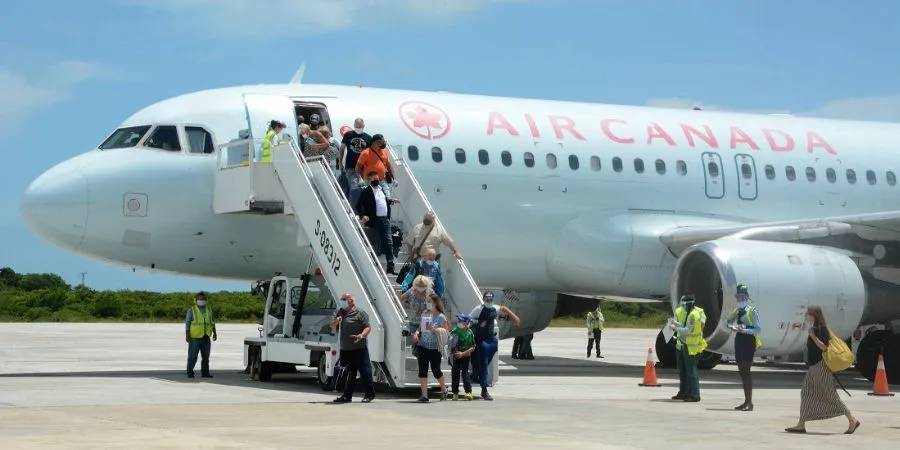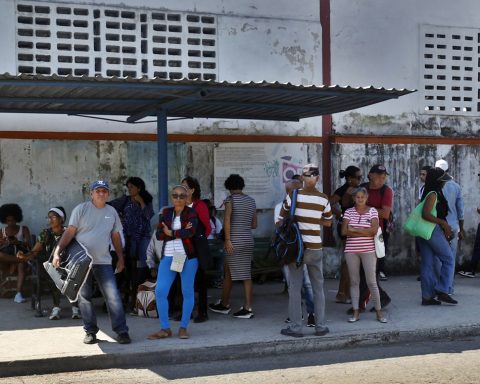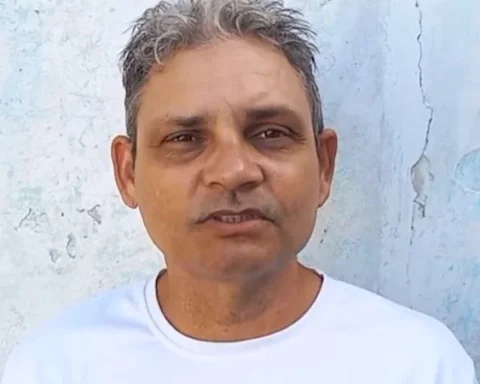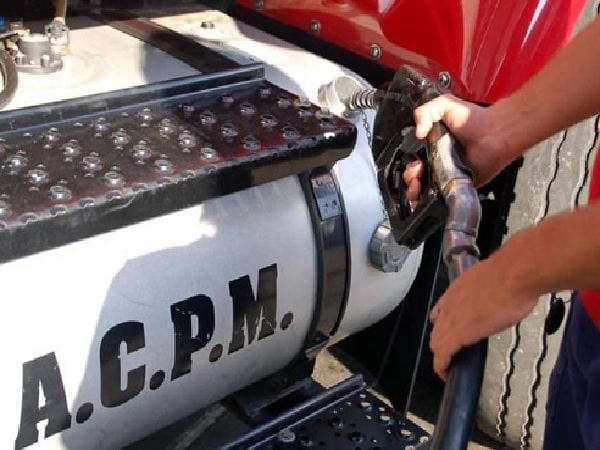MÉRIDA, Mexico – The Canadian government has advised its citizens to take extreme precautions if they travel to Cuba due to the spread of dengue fever on the island.
On August 26, the Canadian government added a health warning on dengue for travelers who decide to visit Cuba labeled under the category of “high degree of caution.”
The announcement follows warnings made public in May over “chronic and severe” shortages of food, bottled water, medical supplies, fuel and currency.
On August 9, for its part, Canada had issued a regional alert for its travelers in Latin America because of the fever Oropouche
The alert level asks Canadian travelers to practice health precautions such as avoiding insect bites at all times, using repellent and mosquito netting, limiting outdoor activities when mosquitoes and gnats are most active, and wearing loose-fitting, light-colored clothing made of tightly woven materials, such as nylon or polyester, long pants, and long-sleeved shirts.
Travel precautions for Cuba
“The shortcomings are critical and affect a wide range of services,” The Canadian government said in Maywhich also warned of the difficulties of traveling across the island due to fuel shortages that directly impact public transportation and taxi services, leaving tourists with few options for getting around.
The May advisory, which is still in effect, also warned that “petty crime,” such as purse and wallet pickpocketing, is common, especially in crowded areas such as tourist zones, markets, public buses, nightclubs and beaches, as well as in isolated areas.
“Ensure that your personal belongings, including your passport and other travel documents, are secure at all times,” the government advised. It also recommends avoiding displaying signs of wealth and keeping electronic devices out of sight.
Although incidents of violent crime are not frequent, according to the Canadian government, muggings can occur, mainly during robberies or break-ins. In addition, credit card and ATM fraud can occur, so caution is advised when using debit or credit cards and be sure to cover the keypad when entering your PIN.
The advisory also reminds that power outages occur regularly outside of Havana and tourist areas, making it difficult to obtain services during a blackout. “Please plan accordingly,” the advisory advises, suggesting carrying basic necessities such as toiletries and medications.
The government also warned about the safety of women travelling alone, who could be subject to some form of sexual harassment, and recalled that incidents of sexual assault against Canadian women have been reported, even in beach resorts.
In terms of telecommunications, the notice reminded potential tourists that the network in Cuba is poor and connections can be intermittent. It also warns of the possibility of authorities blocking access to mobile phones and the Internet in the event of civil unrest or before demonstrations.
Canadian tourism
Canada It remains the main tourist-issuing market to Cuba in 2024although its visitors decreased slightly in the first half of 2024 (577,549) compared to 2023 (583,027).
In contrast, Russia showed a significant increase of 166.7%, rising from 67,612 tourists in 2023 to 112,721 in 2024.
Other markets, such as the United States, Mexico and Argentina, also recorded growth, while traditional European markets such as Germany, France, Spain and Italy recorded declines.
Cuba received a total of 1,680,485 visitors during the first half of 2024, according to official figures from the National Office of Statistics and Information (ONEI). Although this number represents an increase of 101.1% compared to the previous year, it barely reflects an increase of 0.9% compared to the same period in 2023. This figure shows that the Cuban tourism sector is still far from achieving the regime’s goal of attracting 3.2 million tourists in 2024.















